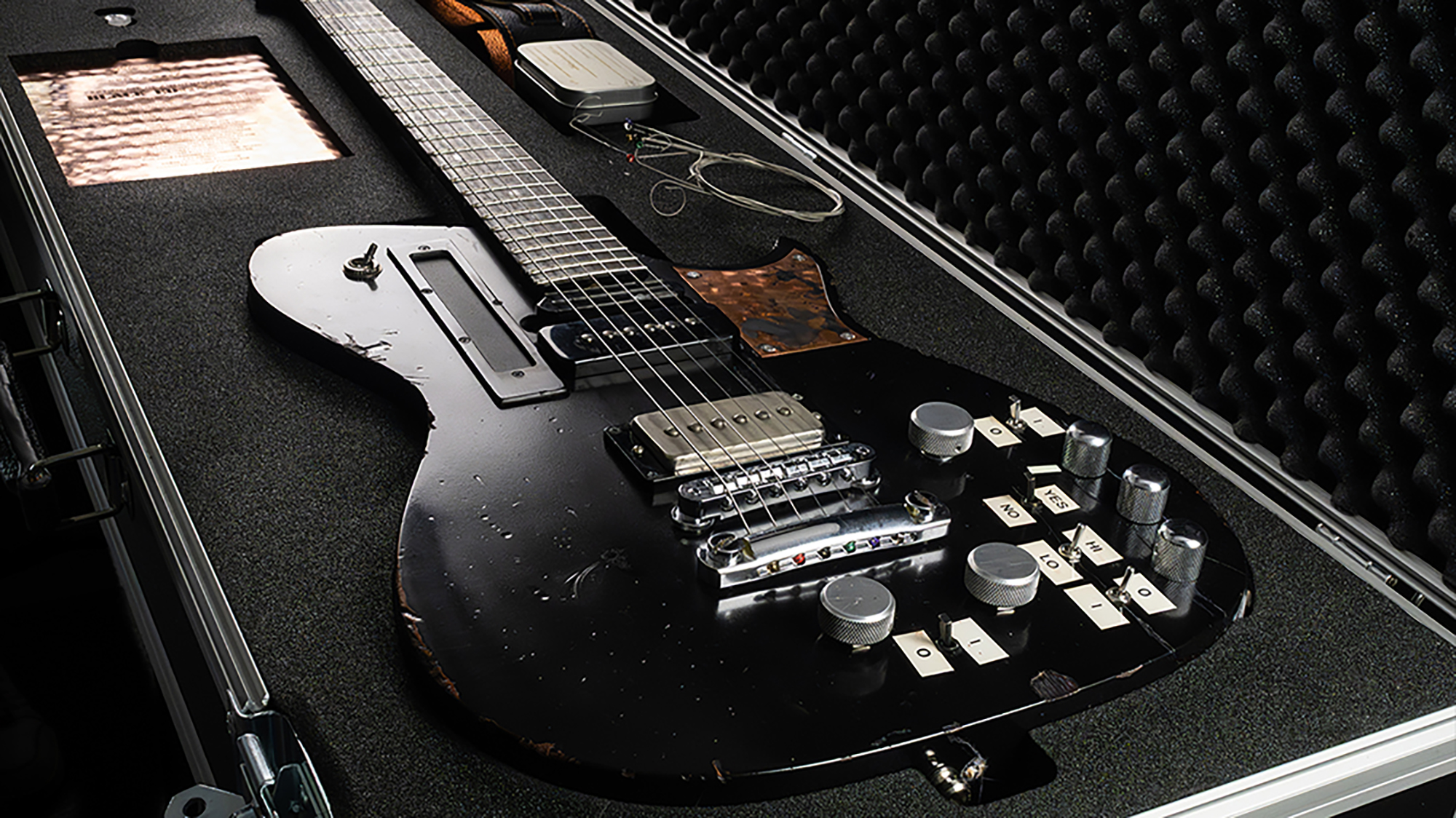J.J. Cale, Writer of "Cocaine" and "Call Me the Breeze," Dead at 74
All the latest guitar news, interviews, lessons, reviews, deals and more, direct to your inbox!
You are now subscribed
Your newsletter sign-up was successful
J.J. Cale, a singer, songwriter and guitarist whose compositions became hits for a host of other artists, died Friday, July 26, at age 74.
According to his website, Cale died of a heart attack at Scripps Hospital in La Jolla, California, not far from his San Diego County home.
Cale, creator of the "Tulsa sound," released 14 solo albums between 1972 and 2009. He is perhaps best known for writing "After Midnight" and "Cocaine," both of which were hits for Eric Clapton in the 1970s; "Call Me the Breeze," which Lynyrd Skynyd covered on Second Helping, and "Clyde," which was covered by both Waylon Jennings and Dr. Hook. Cale's music also has been recorded by Widespread Panic, Captain Beefheart and others.
Cale released a full studio album with Clapton, 2006's The Road to Escondido, which won a Grammy for Best Contemporary Blues Album in 2008. Clapton's latest album, 2013's Old Sock, features a Cale composition, "Angel," which also features Cale's guitar playing and singing.
Cale was known for his relaxed country-blues musical style and attitude, with a touch of folk and jazz thrown in. Clapton described Cale's music as "not really blues, not really folk or country or rock 'n' roll. It's somewhere in the middle."
The guitarist, who was born December 5, 1938, in Oklahoma City, performed in Tulsa honky-tonks before joining the Grand Ole Opry road company. He released singles as Johnny Cale and the Johnny Cale Quintet in the late '50s and early '60s.
He relocated to Los Angeles in 1964, worked as a recording engineer and began releasing singles as J.J. Cale in 1965. One of his first singles, "After Midnight," went on become Clapton's fist hit as a solo artist. In 2006, Cale told the Associated Press, "I'd probably be selling shoes today if it wasn't for Eric."
All the latest guitar news, interviews, lessons, reviews, deals and more, direct to your inbox!
Although Cale had a moderate hit single of his own, "Crazy Mama," which peaked at No. 22 on the US Billboard Hot 100 chart in 1972, he cultivated a quiet anonymity, rarely doing interviews and trying to stay as close to his Southern California home as possible.
"I'm a background person," Cale told the Chicago Sun Times in 1990. "I'm not a household name. People have heard my music, but all my famous songs were made famous by somebody else ... but that was my goal."
Cale's website adds, "Donations are not needed, but he was a great lover of animals so, if you like, you can remember him with a donation to your favorite local animal shelter."

Damian is Editor-in-Chief of Guitar World magazine. In past lives, he was GW’s managing editor and online managing editor. He's written liner notes for major-label releases, including Stevie Ray Vaughan's 'The Complete Epic Recordings Collection' (Sony Legacy) and has interviewed everyone from Yngwie Malmsteen to Kevin Bacon (with a few memorable Eric Clapton chats thrown into the mix). Damian, a former member of Brooklyn's The Gas House Gorillas, was the sole guitarist in Mister Neutron, a trio that toured the U.S. and released three albums. He now plays in two NYC-area bands.
